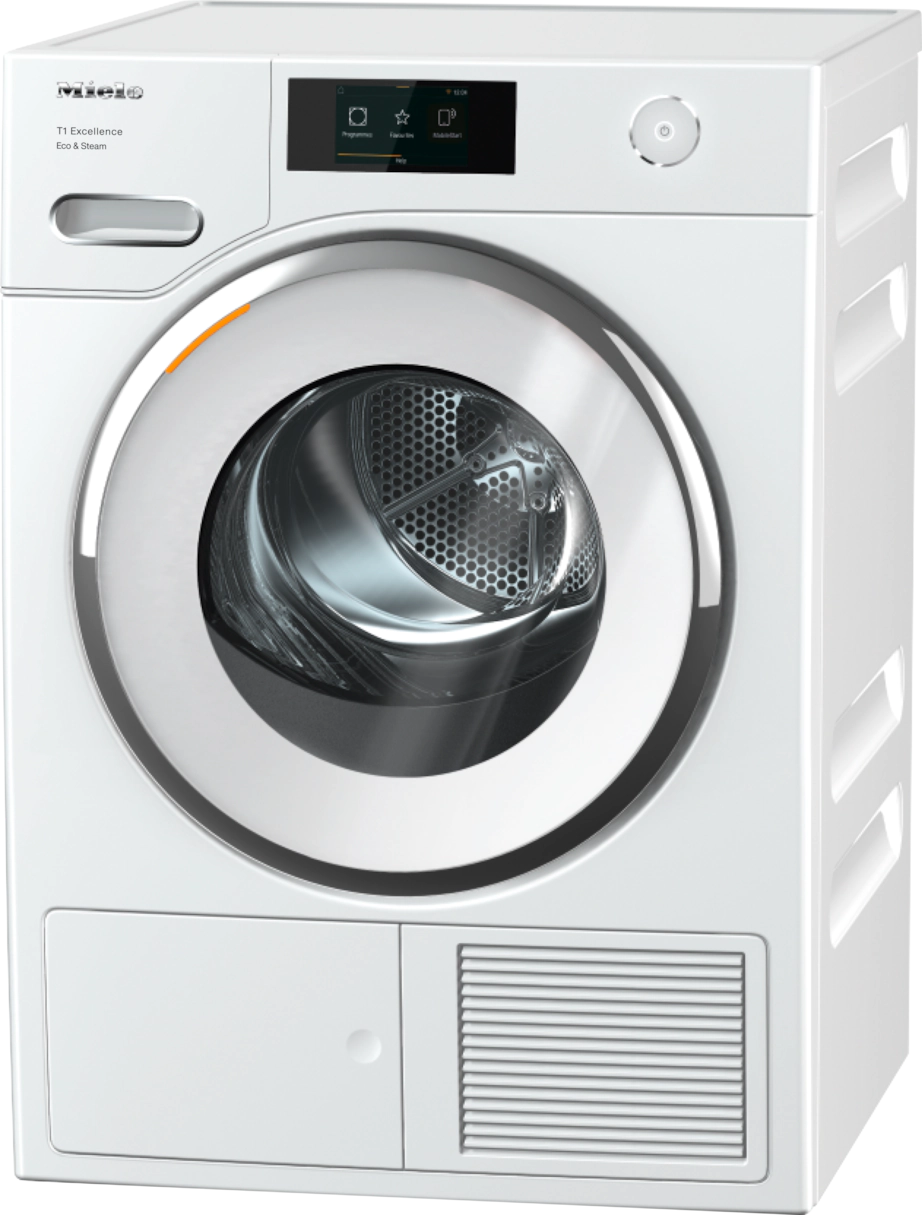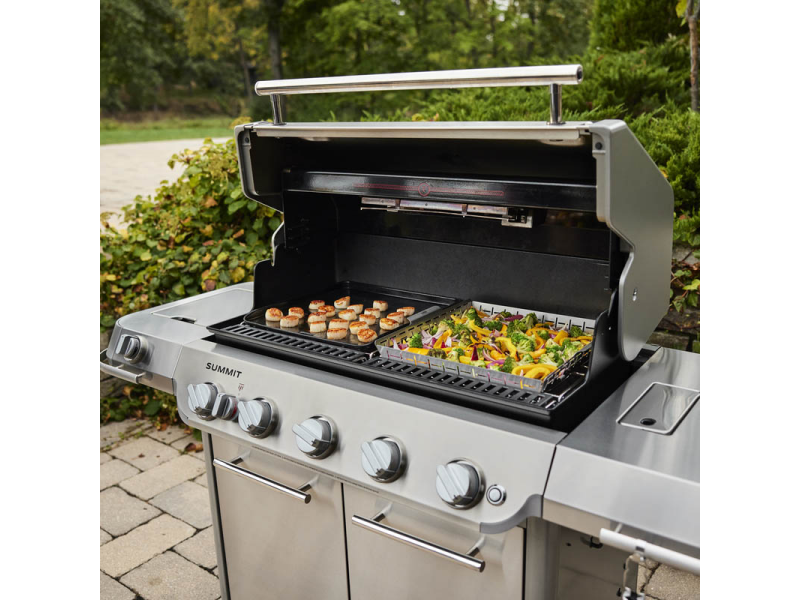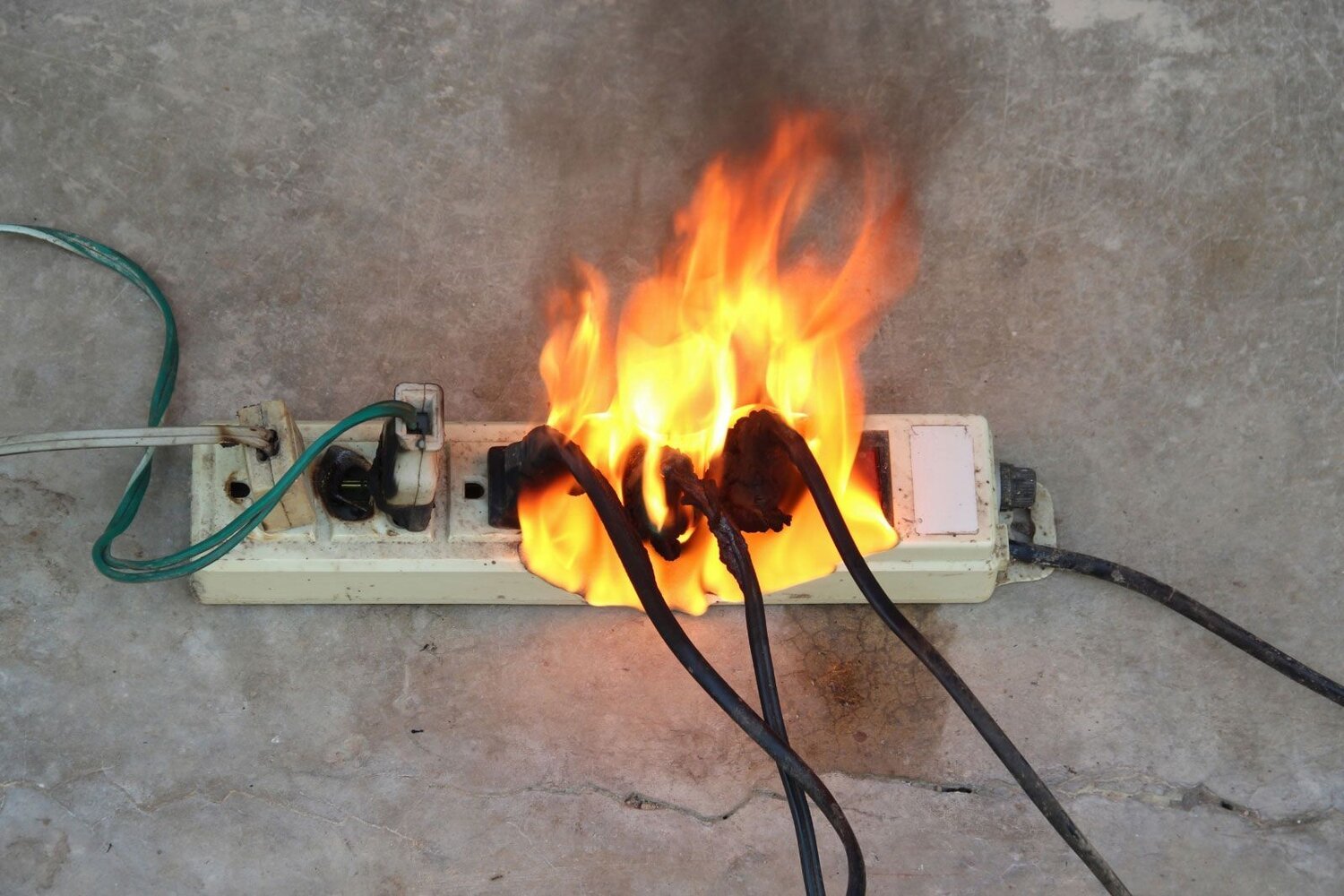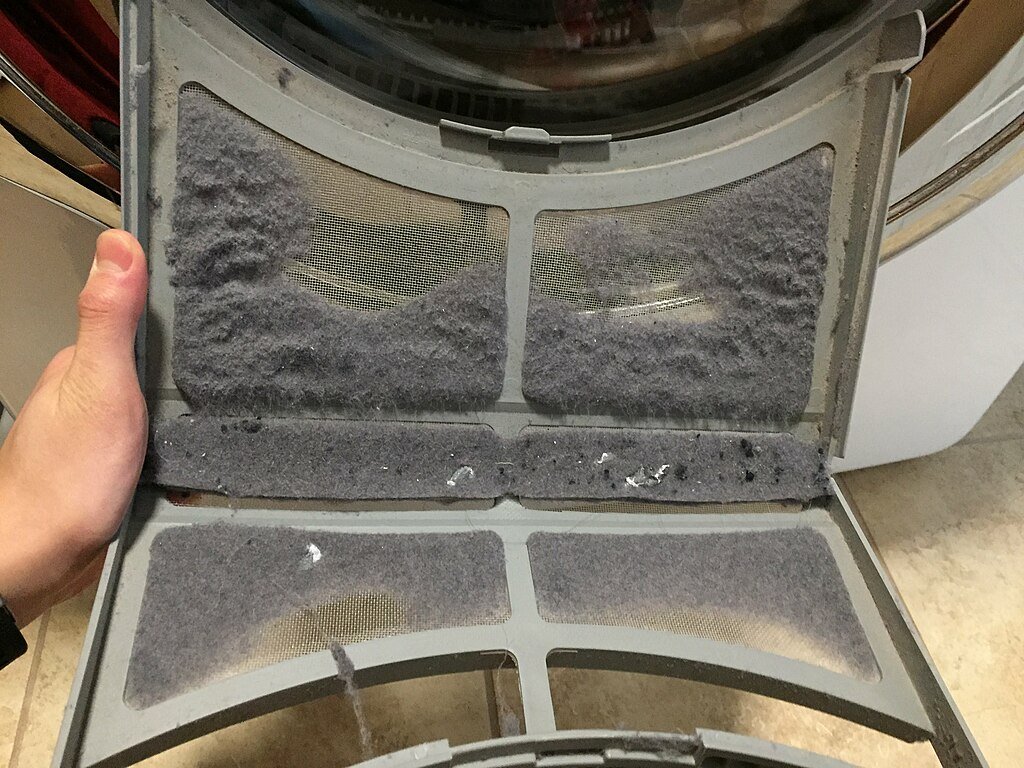Home appliances struggle during summer’s worst heat. These strategies will help you stay ahead of breakdowns and bills.
Summer heat takes a toll on all of us. We slow down, crank up the AC, reach for something cold—and try not to cook unless absolutely necessary. But while we’re finding ways to stay cool, our appliances? They’re quietly doing a whole lot more.
Your fridge is working harder to keep things cold. The dishwasher is running constantly because everyone’s home (and somehow always eating). Even your dryer and washing machine are pulling double duty with all the extra towels and clothes from beach trips and backyard fun.
It adds up fast. And if you're not paying attention, all that effort can wear your appliances down. The good news is you don’t need a total overhaul—just some smart, seasonal upkeep.
Let’s go room by room and break down how to keep your appliances running smooth, even when the temps keep climbing.
Air Conditioners: The Summer MVP That Needs a Break
No surprise here—your air conditioner is the hardest-working appliance in the house during summer. It's not just cooling your space; it's also pulling humidity from the air, which makes everything feel stickier and harder to manage. That double workload? It can wear your system out fast.
Here’s what helps:
Clean or replace the filters every month if you're running it daily.
Keep the outdoor unit free of weeds, leaves, and dust. It needs breathing room.
Schedule a quick checkup before the heat really kicks in. A pro can spot refrigerant leaks, clogged coils, or wiring issues before they become breakdowns.
Consider a dehumidifier if your AC can’t keep up with the moisture. It'll lighten the load and help your space feel more comfortable.
And if you haven’t already switched to a programmable thermostat, now’s a good time. Setting your AC a little higher when you're not home can make a big difference in both energy use and wear and tear.
Refrigerators & Freezers: Cold Storage, Hot Problems
Your fridge doesn’t get a break. It runs all day, every day—and in summer, it's fighting against heat, humidity, and more frequent door opens (because cold drinks, obviously). That means the compressor and fans are working overtime.
A few small tweaks go a long way:
Keep the fridge set to 37-40°F, and the freezer at 0°F.
Don’t pack it to the brim—air needs to move to keep things cool.
Clean the coils every couple months. Dust makes it work harder.
Check the seals. A loose gasket lets cold air slip out and makes the motor run constantly.
Also, try not to shove the fridge against the wall. It needs space to vent heat from the back. And if you store a second fridge in a hot garage, make sure it’s got plenty of airflow or consider moving it to a cooler spot.
Washing Machines: More Laundry, More Stress
Summer means sweat, swimsuits, towels, dirt—and lots of laundry. Your washer isn’t getting any rest, especially if your household is growing with guests or kids home for break.
To keep it from burning out:
Avoid overloading it. Smaller, balanced loads are easier on the drum.
Use the right amount of detergent. Too much can cause buildup and strain the system.
Leave the door open after a wash to let moisture dry out (mold loves damp spaces).
Wipe down the drum and gasket regularly.
Check the hoses every now and then for cracks or leaks.
If your washer has a cleaning cycle, use it monthly. If not, run a hot cycle with white vinegar to keep things fresh and clear.
Dryers: A Hidden Fire Risk in the Heat
You might not think about it, but dryers are a big fire risk—especially in summer. Heat plus lint plus long drying cycles is a risky combination.
Here’s what you can do:
Clean the lint trap every time you run a load.
Wash the screen with soap and water once a month to remove film.
Check the vent hose and clean it out at least once a year.
Don’t overstuff the dryer—it takes longer to dry, and it wears out the motor.
If the weather’s nice, hang-dry towels and heavier items outside. Your dryer (and your electric bill) will thank you.
Also, keep an eye (and ear) out for any odd noises or longer-than-usual dry times. That’s often the first sign something’s clogging up the works.
Dishwashers: They Work Harder Than You Think
Between cookouts, houseguests, and just eating at home more often, your dishwasher has a busy summer. If it’s not maintained properly, it won’t clean as well—or worse, it might leak or break down completely.
To keep it running smoothly:
Don’t overload it. Water and detergent need space to move.
Clean the filter regularly (if it’s removable, pull it out and rinse).
Wipe down the gaskets and door edges where grime builds up.
Rinse or scrape food chunks off plates before loading.
Run a cleaning cycle once a month, or run it empty with a bowl of vinegar on the top rack.
If you live in an area with hard water, use a rinse aid or softener. Mineral deposits can clog up spray arms fast.
Water Heaters: Easy to Ignore, But Still Working
It might not seem like your water heater is doing much in the summer, especially if you’re leaning into quick, cool showers. But don’t forget—if your household grows during summer, or you're doing lots of laundry and dishes, the demand spikes.
Some quick ways to reduce strain:
Set the temp to 120°F. It’s hot enough for comfort, but safer and more efficient.
If you have a tank heater, flush it yearly to get rid of sediment.
Check for any rust or dripping around the base. Early signs of trouble.
Lowering the temp a few degrees can save you a surprising amount on your energy bill. And if you’re planning to leave town, turn it to vacation mode.
Stoves & Ovens: Summer's Not the Time to Bake
We get it—sometimes a casserole just sounds good. But using your oven in the heat of summer? It warms up your kitchen, which makes your AC work harder, and can shorten the life of your stove.
Smarter alternatives:
Cook in the morning or late evening when it’s cooler.
Use smaller appliances like air fryers or toaster ovens when possible.
Keep burners and drip pans clean to avoid fire hazards.
Check gas connections for wear if you’re using a gas range.
And when spills happen inside the oven? Clean them right away. Baked-on grime can smoke up fast.
Ice Makers & Grills: Small Appliances, Big Impact
Your ice maker might be working harder than any other appliance and getting the least attention. Give it a little love:
Change the water filter every six months.
Clean the bin, the lines, and the interior according to the manufacturer’s directions.
Watch for leaks or buildup.
If you're using a grill often:
Scrub the grates after every use.
Empty the grease tray to avoid flare-ups.
Check the burners and fuel lines, especially on gas grills.
A well-maintained grill not only lasts longer but cooks more evenly, which means better burgers.
Power Surges, Overloads & Smart Habits
Summer storms and overloaded outlets can knock out your appliances in a flash. Surge protectors are a must, especially for big-ticket items like your fridge or AC unit.
Unplug what you can when not in use. That includes toasters, gaming systems, chargers—anything with a standby light. It’s not just safer, it saves you on "phantom" electricity usage.
And if your breakers trip often? Call an electrician. It might be time to upgrade your panel or rework your wiring.
Long-Term Wins: Energy Efficiency & Smart Techpix
If your appliances are aging or you’re planning upgrades, consider ENERGY STAR models. They use less energy, reduce strain on your home systems, and often come with rebates.
Even better? Many smart appliances now monitor their own health. Some can alert you if the fridge is too warm, or if your washer detects a leak.
They cost more up front, but they often pay for themselves in energy savings and peace of mind.
You don’t have to overhaul your whole house to stay cool and avoid surprise repairs. Just pay attention to the everyday appliances that keep your home running. A quick clean, a new filter, or a small adjustment now can save you from a big headache later.
Need a hand keeping your appliances in peak condition this summer? At Appliance Rescue Service, our expert technicians are here to help you stay ahead of costly breakdowns. Whether it’s routine maintenance or a repair that just can’t wait, we’ll make sure your appliances keep up with the season—so your home stays comfortable, efficient, and worry-free. Reach out anytime—we're just a call away.
Call: (214) 599-0055







